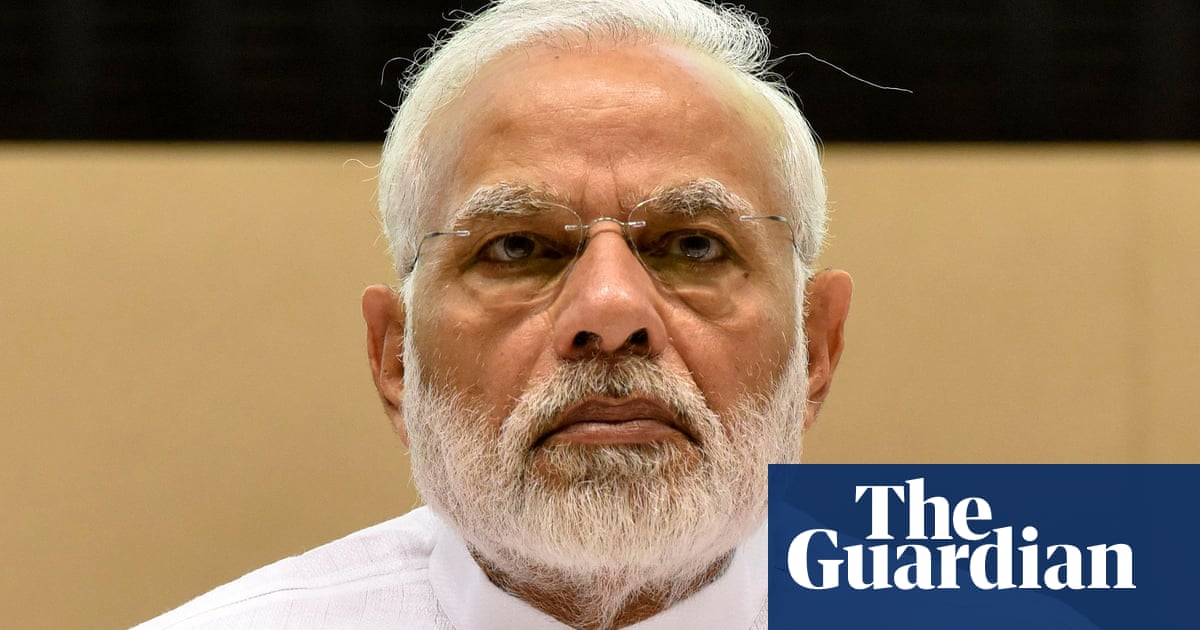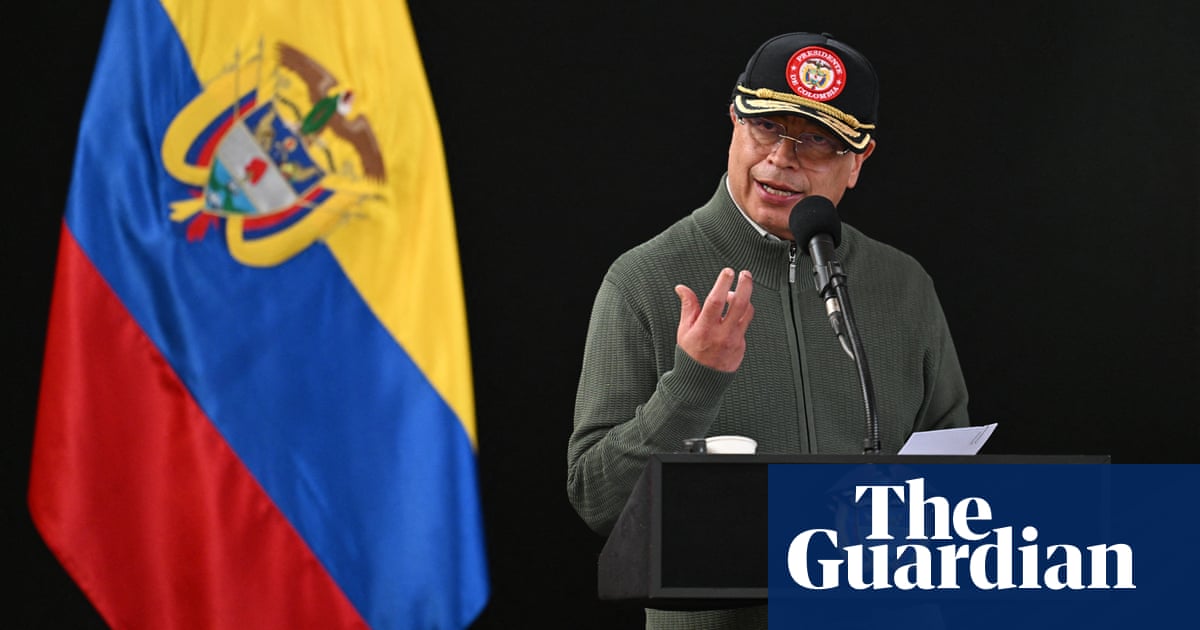Fast, fair funding for critical climate action is desperately needed, and that makes the drive for levies on polluters and the ultrarich perhaps the most exciting climate idea floating around right now.
The Global Solidarity Levies Task Force, an independent group of experts set up after Cop28, has now set out 16 specific ideas for consultation that could raise hundreds of billions of dollars a year to fight global heating, from taxes on cryptocurrencies to flying.
The results will be presented to the world’s governments at the Cop30 summit in Brazil in November. The good news is that many of the taxes already exist in some countries, making the prospect of a wide rollout less far-fetched than you may think. The even better news is that you can have your say during the public consultation stage.
More on all this, after this week’s top stories.
Essential reads
-
Levels of microplastics in human brains may be rapidly rising, study suggests
-
Climate change target of 2C is ‘dead’, says renowned climate scientist
-
‘It’s like solving a murder’: who dumped 30 tonnes of rubbish on Lichfield?
In focus

The first thing to say about the Global Solidarity Levies Task Force is that it is a serious operation. It is being driven by the leaders of France, Kenya and Barbados, has members including Denmark, Senegal and Colombia, and is partnered with the UN, World Bank, G20, European Commission and African Union. It’s got clout.
That matters, as the gap between the billions of dollars being mobilised to fight the climate crisis and the trillions needed is huge. The aim of the taskforce is both simple and potentially transformative: to use internationally coordinated levies to raise funds, penalise polluters and increase the fairness of the global tax system.
The consultation sets out the pros and cons of each potential levy. You can read them and submit your thoughts here. The most obvious is the levy on the fossil fuels that cause global heating, but which currently enjoy $7tn in subsidies a year. The world’s five biggest oil companies made a combined total of $281bn in profits in 2022-23 alone.
The simplest fossil fuel levy the taskforce sets out is on extraction: $5 per tonne of CO2, rising by $5 every year to 2030. It could raise $1tn a year by 2035. Coal, oil and gas extraction is often already taxed, making it administratively simple. “The power of the fossil fuel lobby would make this hard to achieve politically,” the taskforce rightly notes. “However, each country that introduces the levy could gain a significant increase in tax revenue.”
Flying – an elite, heavily polluting activity – is growing – just 1% of the world’s population causes half of all aviation emissions. The taskforce puts forward a tax on tickets or on jet fuel for international flights, which is barely taxed at all today.
The ticket tax may raise $100bn a year, the jet fuel levy $10bn. A frequent flyer tax is also being considered, with the levy rising with each flight, but this may require each passenger to have an ID number. Several countries have already used an aeroplane ticket levy to fund the fight against Aids and other diseases.
Like aviation, the international shipping industry does not pay taxes proportional to the damage its pollution causes. But the International Maritime Organization already collects funds from operators to compensate for oil spills, and most countries already support a carbon levy. This could raise up to $127bn a year between 2027 and 2030.
Plastic relies on fossil fuels, is emissions intensive and environmentally damaging, but there are currently no taxes at all levied on its producers. Ongoing negotiations on a global plastics treaty include a levy proposal, which would raise about $30bn a year. There are relatively few plastic producers, which would make it easier to collect this tax. The impact on people’s pockets would also be small, as the cost of primary polymers is a fraction of the price of final products.
The taskforce’s ideas also include a striking billionaire tax. The ultrarich usually have extremely high carbon footprints, often pay tax at far lower rates than regular workers and, frankly, can afford it.
after newsletter promotion
An annual tax of 2% of billionaires’ wealth would raise a staggering $200bn-$250bn from just 3,000 people. “The political feasibility of agreement to a global standard is very challenging,” says the taskforce. But it’s hard to imagine the levy being unpopular with ordinary citizens.
Finally, the taskforce is proposing a tax on financial transactions, which it says “have benefited hugely from globalisation, without being taxed in most jurisdictions”, and on cryptocurrencies, which require huge amounts of energy to generate.
A tax of 0.5% on the value of the transaction of the stocks would raise $270bn a year. Thirty countries already have a similar tax and France even earmarks part of its levy for climate and development.
A 0.1% tax on cryptocurrency transactions would raise about $16bn a year, but it wouldn’t be easy to implement. “Given the anonymity and decentralised nature of crypto, there is a high possibility of tax evasion,” the taskforce says. On the plus side, Kazakhstan, a big crypto miner, already taxes the energy used.
Of course, all this requires governments and companies to step up to the plate, but they are not doing so quickly enough. In the meantime, solidarity taxes could be another route to making polluters pay.
Let the taskforce know what you think.
Read more:
-
Former world leaders seek $25bn levy on oil states’ revenues to pay for climate damage
-
How Trump is targeting wind and solar energy – and delighting big oil
To read the complete version of this newsletter, subscribe to receive Down To Earth in your inbox every Thursday

.png) 2 months ago
32
2 months ago
32













































